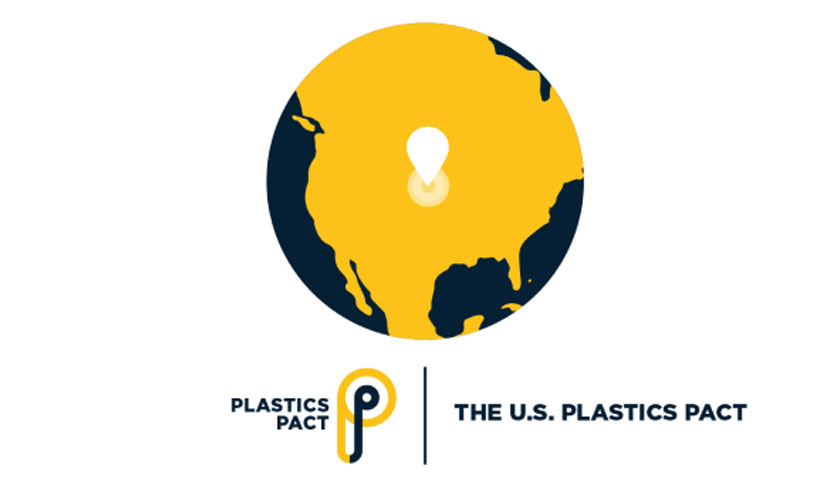Only 13.3% of plastic packaging in the U.S. is recycled, a figure unchanged since 2018. A fragmented system, inconsistent standards, and insufficient federal leadership have kept the country stuck in a waste cycle.
The U.S. Plastics Pact’s 2023-2024 Impact Report, released recently, shows how over 130 businesses, governments, and nonprofits are making measurable progress in tackling these challenges.
The Problem
-
Limited recycling access: Only 43% of households participate, and rates are lower in commercial and public spaces.
-
Market barriers: Virgin plastic remains cheaper than recycled alternatives, stifling demand for sustainable materials.
-
Policy gaps: The U.S. lacks standardized recycling definitions and cohesive national strategies.
The Solution: Real Results in Action
From eliminating wasteful materials to redesigning packaging, the Pact’s coalition is driving systemic change:
-
Kraft Heinz transitioned its Crystal Light packaging from plastic to recyclable paperboard, eliminating 3 million pounds of plastic annually.
-
Pact Collective launched NewMatter™ resin, a 100% recycled-content material for hard-to-recycle beauty packaging.
“We cannot manage what we do not measure,” says Jonathan Quinn, CEO of U.S. Plastics Pact. “Bold, unified action will unlock the systemic changes we need to transform plastics into an asset, not a liability.”
Addressing these challenges requires innovation, policy reform, and public-private partnerships. The 2023-2024 Impact Report emphasizes that unified federal leadership and industry and consumer engagement are the keys to breaking this stagnation.
If you’re interested in learning more, I’d be happy to connect you with Jonathan Quinn or one of our Activators leading these efforts. Read the report here.

